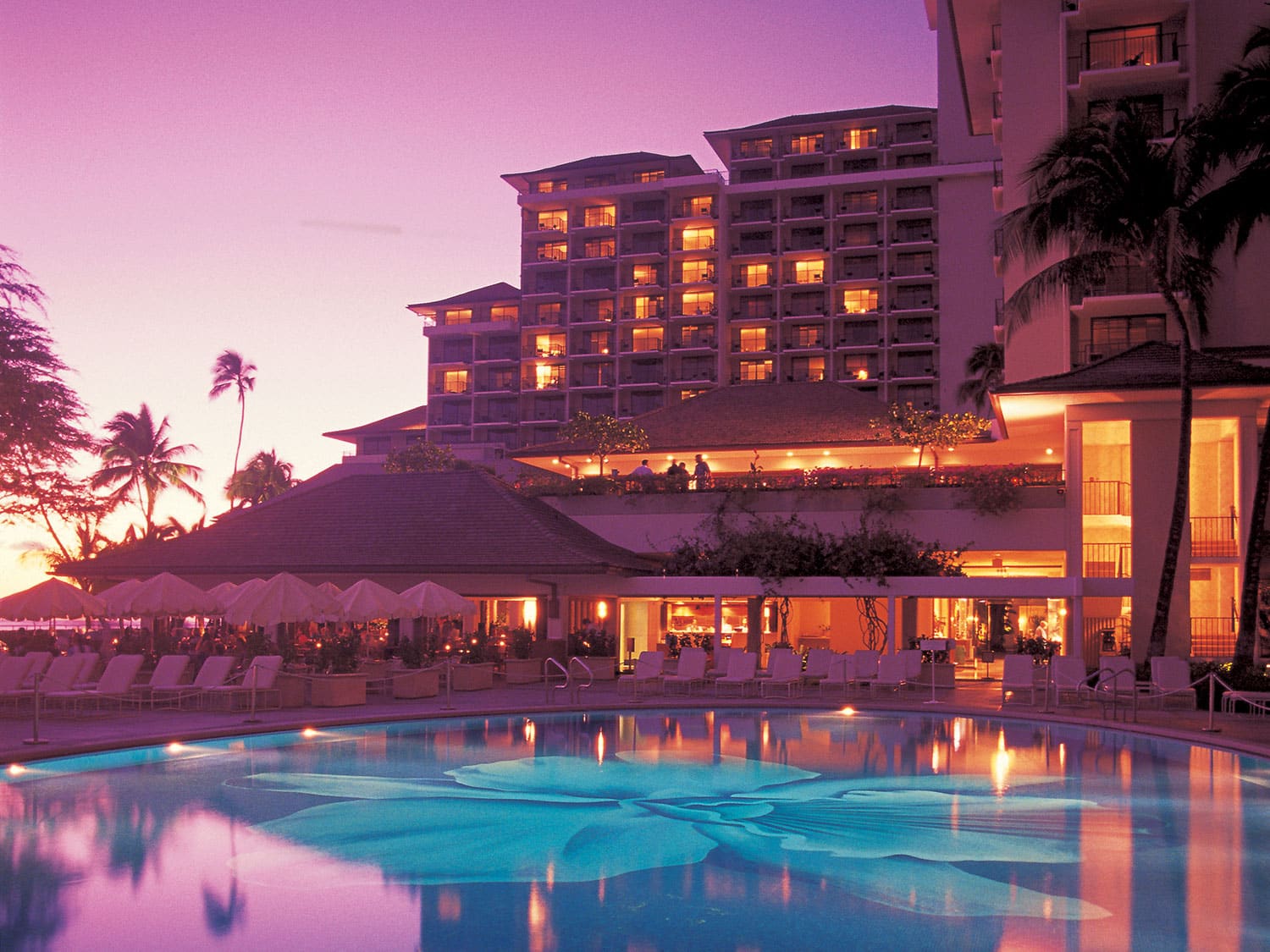Hawaii's Legendary Halekulani Undergoes A Yearlong Renovation
For the first time in 36 years, this iconic resort will focus on revitalizing and improving the overall guest experience.
As Hawaii finally reopens this month, the doors at Honolulu's Halekulani hotel will remain closed. While the decision was made in mid-July, it has seemed more and more fortuitous as the state's reopening has been delayed multiple times over the past few months. But even as Governor David Ige finally unveiled his state's pre-travel testing program and cemented October 15 as the day the Aloha State would reignite its economy and tourism sector, Halekulani will not reopen until July 2021.
The uncertain timeline presented the hotel's ownership with the opportunity to do something that hasn't been done since 1984: renovate. This "renewal and revitalization project," according to the hotel's website, will focus on "critical and essential improvements" that will include infrastructure repairs and guest room enhancements, among other aspects befitting of an independent luxury resort literally built on history.
In fact, when Halekulani reopens, it will mark the second century of the land's use for majestic getaways. As it emerged as an important trade spot in the early 1800s, Honolulu became the new home for the royal court of King Kamehameha I, and by the 1830s Waikiki was the vacation destination for Hawaiian royalty. Needless to say, as word spread, coveted plots were scooped up by westerners like Robert Lewers, who built a two-story home in 1883 on the spot where Halekulani's main building stands.
As legend has it, Lewers's kindness to local fishermen inspired them to dub the region "Halekulani"—interpreted as "house befitting heaven"—in the first place, but arguably the businessman's greatest contribution to the area—and hotel—was the kiawe tree that he planted toward the end of the 19th century and remains as a natural landmark and, frankly, the perfect selfie spot.
History traces the Polynesian settlement of Waikiki back to approximately 1100 AD, and local legend handed down for centuries tells of the native belief that this region was one of hospitality and healing. Halekulani will undoubtedly keep those themes alive when it reopens next July.
